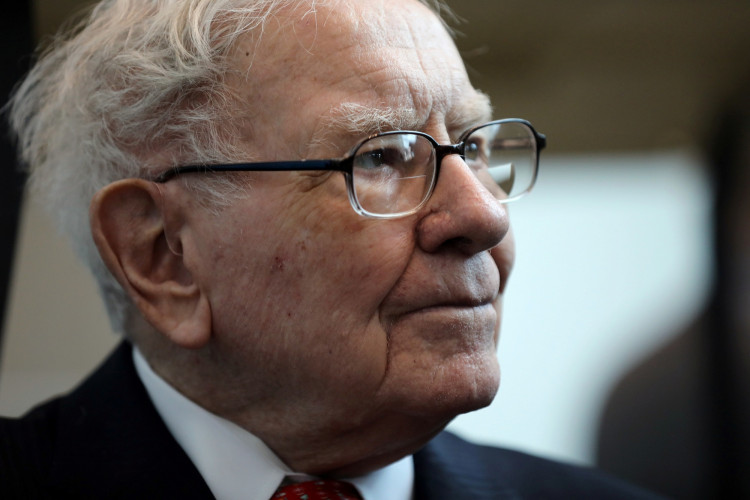Berkshire Hathaway Inc., the investment company controlled by billionaire Warren Buffett, saw its earnings rebound in the second quarter.
Berkshire Hathaway reported an 87 percent rise in net earnings to $26.3 billion compared with $14.1 billion in the same period last year. Its profit equates to about $16,314 per Class A share.
The company reported a $50 billion loss in its first quarter. Berkshire Hathaway said that loss, its largest, was a result of a significant shift in consumer behavior worldwide during the early days of COVID-19.
Much of the company's rebound can be attributed to gains in the stock market, analysts said. A recent rally in stock markets worldwide lifted the company's earnings for the quarter, they said.
Berkshire Hathaway's operating profit for the period fell by about 10 percent to $5.52 billion, according to its earnings report released over the weekend. The value of the company's held assets also diminished, it said, including a fall in the value of is Precision Castparts Corp. business by about $9.8 billion. The company acquired the company in 2016 for $37 billion.
Berkshire Hathaway said much of the pressure on its ability to generate profits continues to be disruption in commercial air travel and its supporting industries. The company said the effects of the pandemic in the coming quarters are still uncertain and these may cause some deviations to its current estimates.
Throughout the pandemic some of Berkshire Hathaway's businesses fared relatively well while others reported significant losses. The company's railroad, insurance, manufacturing and utility businesses were deemed as essential during much of the pandemic - resulting in little to no fluctuations during the past two periods. However, the company's service, travel and retail businesses were hit particularly hard - posting significant losses throughout the two quarters.
Berkshire Hathaway has been forced to place strict controls on expenses. These included the furlough of tens of thousands of employees, salary cuts and capital spending restrictions throughout its owned businesses.





